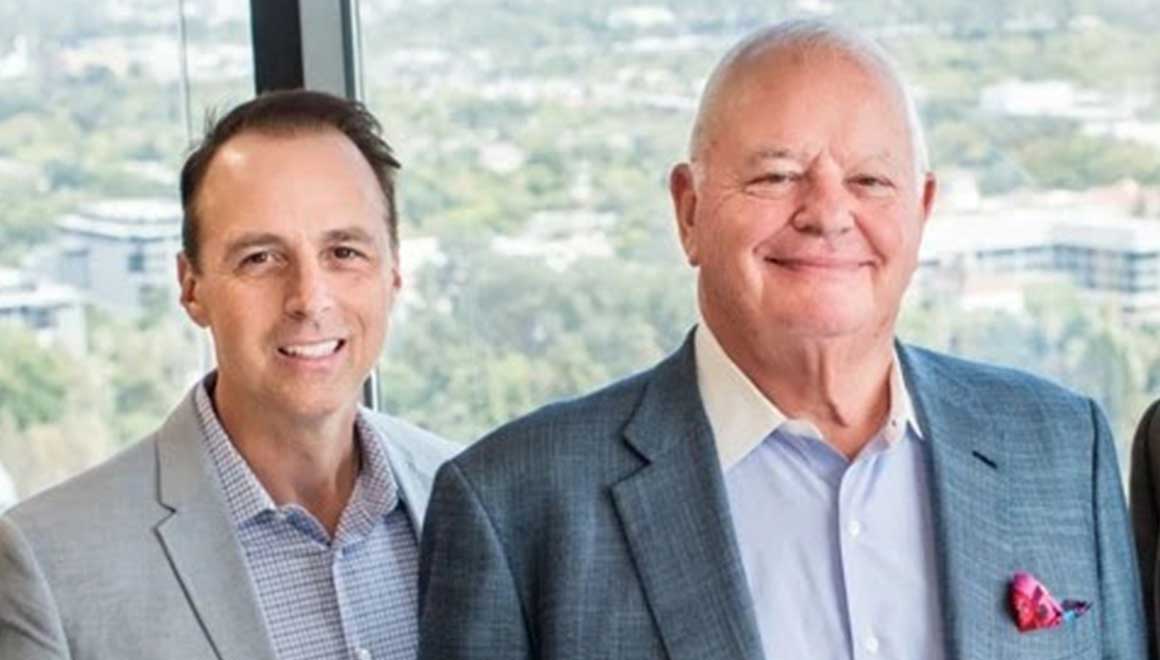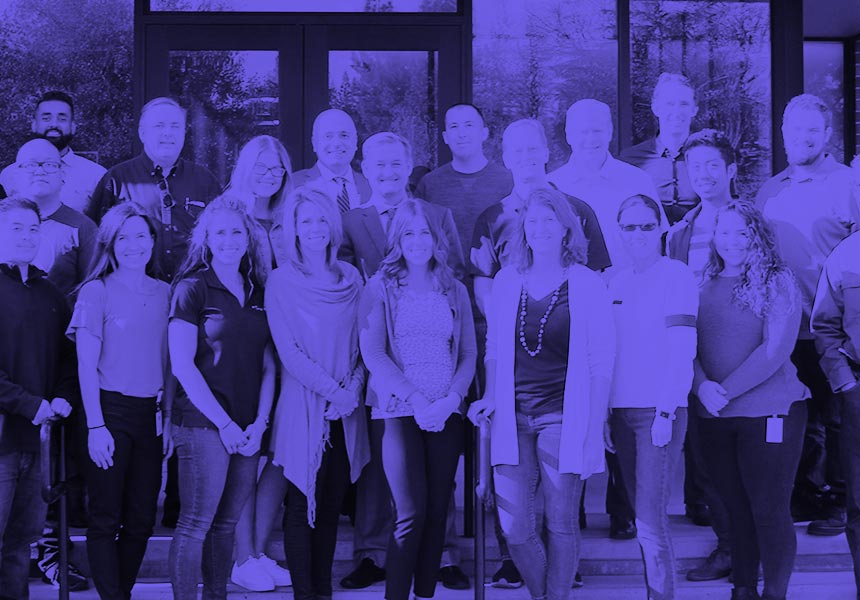Impact Venture Capital has a first fund target of $100 million and a big-name general partner.
Dixon Doll, a three-decade VC who co-founded DCM Ventures, is one of three managers at the early-stage firm, which unveiled itself last year.
“Yes, he is off the bench and back into the game,” said fellow General Partner Jack Crawford. “He is outworking me and (General Partner) Eric Ball many weeks.”
Doll, who is partner emeritus at DCM, is not just sourcing deals and helping with due diligence, but investing, said Crawford.
The firm, which has two California offices, in Sacramento and the Silicon Valley community of Burlingame, hopes to differentiate itself with its close ties to corporate venture groups and the accelerator it operates.
“We really understand how corporates work,” Crawford said. “How their venture groups work. How we can provide value to them. How they can provide value to the companies we invest in.”
VCJ recently spoke with Crawford about Impact. An edited transcript of the conversation follows:
Q: What’s the status of your fundraising?
A: We’re about a quarter of the way through our fundraising processes. We wanted to get up and running before we activated the fundraising efforts. So we built out our operating team, we made four investments, and we ran a large-scale global venture summit, all with the idea of executing.
Q: What is Dixon’s role at Impact?
A: He’s a general partner at the firm who sources deals. He helps with due diligence. He’s going to sit on the boards of portfolio companies. He’s helping with day-to-day operations at the firm, just as Eric and I are. He’s involved in every aspect of the business.
He just led the investment for the firm in Globetouch and he’s on its board.
Q: What is your investment strategy?
A: We’re targeting between 20 and 25 investments. We have a portfolio model that is built out with a primary concentration on early stage.
From a check-size standpoint, the typical initial check size will be $500,000 to $2.5 million. We’re doing things like establishing reserves of 100 to 300 percent for each investment we make.
Q: What areas do you target?
A: The industry sectors we feel like we know well, and that we’re continually doing research on and some of our team is writing white papers on, include telecom, media, data analytics, fintech, cybersecurity and civic tech. Those are the primary sectors.
Within those there’s some really interesting, frontier, disruptive technologies that we’re paying attention to, with some examples around autonomous vehicles. And we made a drone investment.
Q: How are you working with corporate venture groups?
A: We have collaborated with corporate venture groups on market insights, on deal flow, on due diligence. We’re looking at partnering models with corporate venture groups. In fact our last investment into Globetouch was alongside Verizon Ventures.
We believe that there are extraordinary opportunities to build out syndicates with corporates who add value well beyond capital. If there was a great syndicate of investors and a promising deal, we would certainly do an investment without a corporate. But our plan is to look at including corporates because of their ability to add value beyond capital in each of the rounds we participate in.
Q: Do you offer an investment to every company in your accelerator program?
A: We do not invest in every company that comes into a class. The classes are typically between five and 15 startups that have gone through an application process. They get accepted into the program and then they participate in a 90-day program that has, effectively, modules focused on finance and fundraising, sales and marketing, building an entrepreneurial team, protecting intellectual property. With regard to investments, we’ve invested in one company so far.
Q: Is your focus global or domestic?
A: From a geography standpoint, we’re global investors. We’re seeing deals literally from around the world. There is an extraordinary number of companies being launched in Northern California. And what we think is really interesting is, if you look at the technology triangle between San Francisco, San Jose and Sacramento, and you look at fundamentally the number of entrepreneurs who are launching really interesting companies in that space, we’re going to pay special attention to deals in that space. But we’re not quarantined to Northern California.


